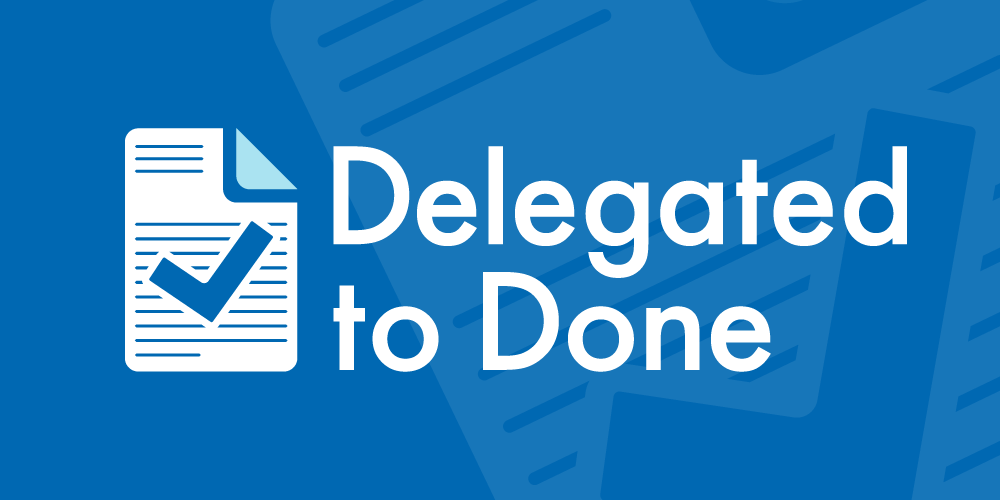Outsourcing is one of the easiest, smartest, and most profitable steps you can take for your business. When you eliminate some of the “non-essential” tasks from your lengthy to do list, you make room for more important tasks.
You can use the newfound time to focus on profit-generating tasks. You can use the time for self-improvement and you can use it to regain some semblance of balance in your life. The first step to creating this newfound time is to begin delegating.
Delegating is difficult for many entrepreneurs. The following steps, tips, and questions will help you transition into a delegation mindset. Start small, reap the benefits, and gradually delegate more until you find the balance you need.
Three Tasks Most Often Delegated
When you delegate and outsource to contractors and freelancers there are three primary tasks to consider. They are:
- Administrative tasks – These are tasks like answering your emails, scheduling, social media updates, and so forth. They’re usually time-consuming and affordable to outsource.
- Technical tasks – These types of tasks require a basic technological knowledge. They have a steeper learning curve and can be time-consuming as well.
- Professional tasks – These tasks require specialty knowledge. They might include copywriting, ghostwriting, graphic design and so on.
Where to Begin Delegating?
Grab a pencil and a piece of paper because you may want to write down the answers to the following questions. As you answer them, you’ll begin to identify the first and perhaps most important task to delegate. You can then begin the process of repositioning yourself as the leader, organizer, and manager of your company.
- When you’re looking at the tasks you handle each and every day, what tasks are you efficient with? What are your strengths?
- What tasks are easy to focus on?
- What tasks do you feel enthusiastic and passionate about?
- Where do you feel like you’re getting it right?
- Fill in the blank: I need help with___.
- What tasks take the majority of your time?
- What tasks do you do over and over that could be done by someone else?
- What tasks do you not enjoy?
- What tasks do you need to accomplish for your business but are not yet skilled in or familiar with?
- What would make the biggest difference right now to how your business functions?
You now have a list of tasks that you can delegate to someone else. You also know what tasks you want to hold onto, at least for the moment. Identify one task that you feel comfortable outsourcing or delegating. Baby steps are fine here, it’s a process. Find the person who can get the job done by contacting associates, searching online, or using a freelance job site. As you gain more practice delegating, you’ll feel more comfortable and you’ll create systems and relationships with providers you trust.
[Tweet “10 quick questions to help you decide what to delegate https://www.delegatedtodone.com/how-to-decide-what-to-delegate”]

Thanks for sharing. I read many of your blog posts, cool, your blog is very good.
Thank you for your sharing. I am worried that I lack creative ideas. It is your article that makes me full of hope. Thank you. But, I have a question, can you help me?